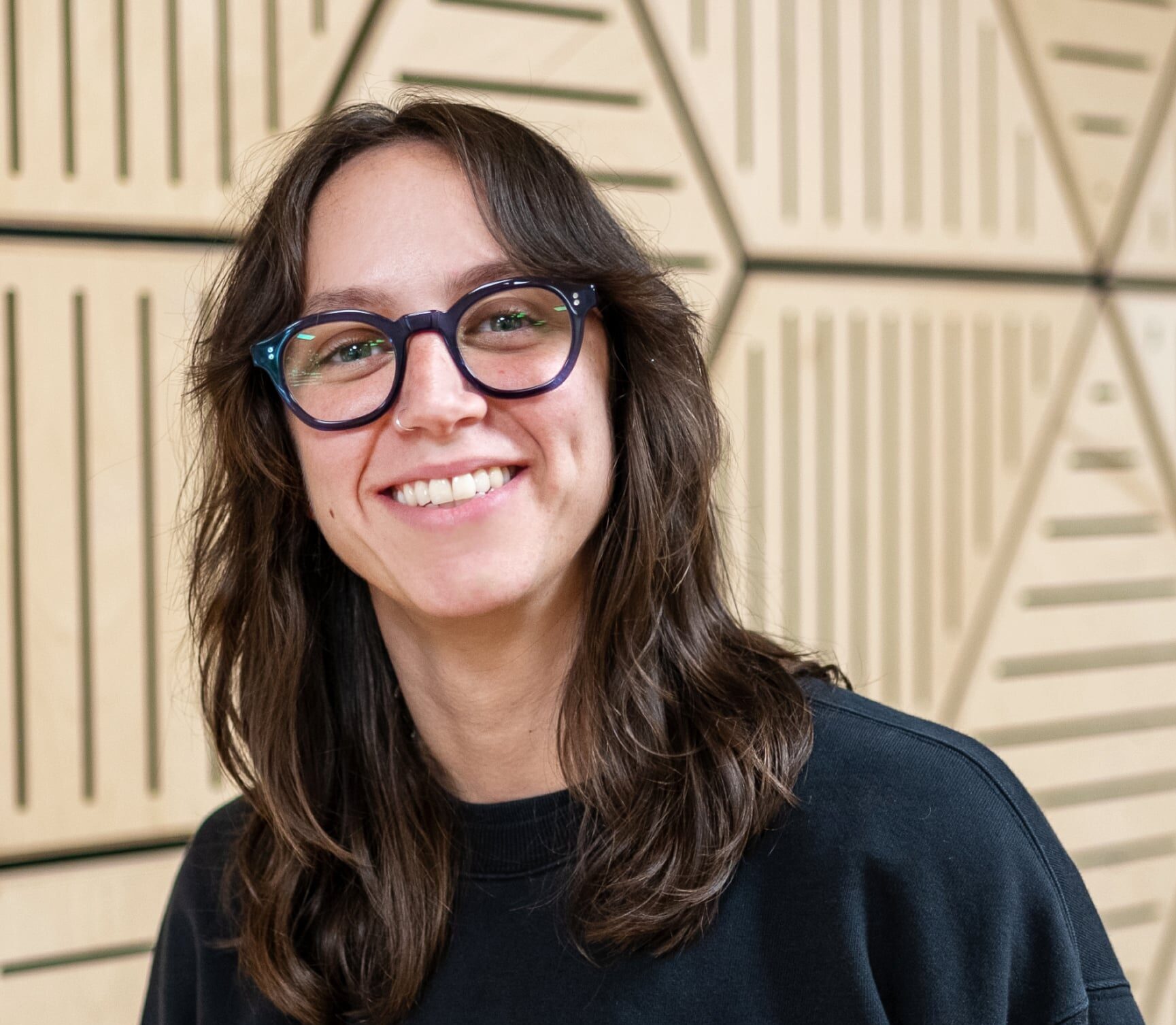This is the third in a series of posts setting out the questions we at Access are considering as we determine our strategy for investment-readiness support. Alongside these posts, we are keen for as many people as possible to contribute to the conversation via our online form: this will remain open until June 16th, so please do get your responses in as soon as possible.
Having set out a ‘spectrum of readiness’ as a framework for our thinking, and looked at the issues at play in the earliest stage of the process, in this post the focus is on the work social organisations need to do when ”testing options’. The primary question is, having developed a potential business model for a trading proposition, how does a charity or social enterprise determine its feasibility? There will always be a degree of risk and uncertainty in this process, particularly where a proposition is trying something new and innovative.
This is highly relevant to a secondary question: where a business model is judged to be feasible, would some form of social investment support its implementation and growth? Here at Access we are clear that social investment is one tool amongst many, and should not be considered a goal in itself: for many organisations at this feasibility stage, it may be too early to support repayable finance. Timing is crucial.
Given the tensions at play, it is helpful for us to look at examples of programmes which have focussed on this stage of development. The ‘Fresh Ideas’ fund, funded by the Northern Rock Foundation and delivered by the Northstar Foundation, provides grant funding of up to £40,000 for organisations based in the North East “to explore opportunities to develop new earned income streams in order to improve long term sustainability”. The questions the programme asks applicants to consider set out some key issues:
- Who will use the service, and who will pay for it?
In many cases the service user and the ‘paying customer’ will be different, and can be a source of risk which needs to be carefully managed. - Are the trustees bought in?
Leadership and governance has been a recurring theme in our capacity building work: clarity on the purpose and value of any proposition across an executive and its Board is critical. - What skills do the team have to deliver?
If an organisation is new to trading, it is vital that they identify and address any current skills gaps: these may include marketing, managing cash-flows and ‘customer service’ within a commercial context.
The case studies provided bring this process to life: it is particularly instructive for us to note that only one of the four examples provided resulted in a social investment being made directly as a result of the work. Positive outcomes can also take the form of a growth in revenues, or securing further grant funding.
It may be that the starting point for a piece of feasibility work is a tangible asset such as a building. Locality runs a programme of ‘pre-feasibility’ grants for projects developed around community-led buildings: ranging between £1,000-£10,000, this provides organisations with the capacity to understand whether they have a case to submit a ‘Community Right to Build’ order. The programme also offers project support grants of between £5,000-£40,000, to develop proposals in more detail. This is an example of the technical considerations that can be a prerequisite to any proposition getting off the ground, and the value of having a combination of grant funding and a source of specific expertise and experience within the grant administrator itself.
With these, and other examples such as City Bridge Trust’s Stepping Stones fund, it is clear that well-targeted grant funding can play a valuable part in supporting social organisations to move beyond initial ideas for trading and develop meaningful new sources of income to support their financial resilience and deliver social impact. It is a live question for us as to where we might make the most difference in this space: within a frame of place or thematic area, for example.
Across all of this work, we’re particularly interested in whether we and other funders can provide more effective and efficient support through identifying business models which have worked in the past, and those which have been tried and not managed to get off the ground. Building ‘collective intelligence’ across the sector in this way has the potential to focus efforts on propositions with a track record of success, as well as those which are trying something genuinely new and innovative.
As ever, we’re interested in hearing your views, via the online form linked to above or on email. I look forward to hearing from you.










